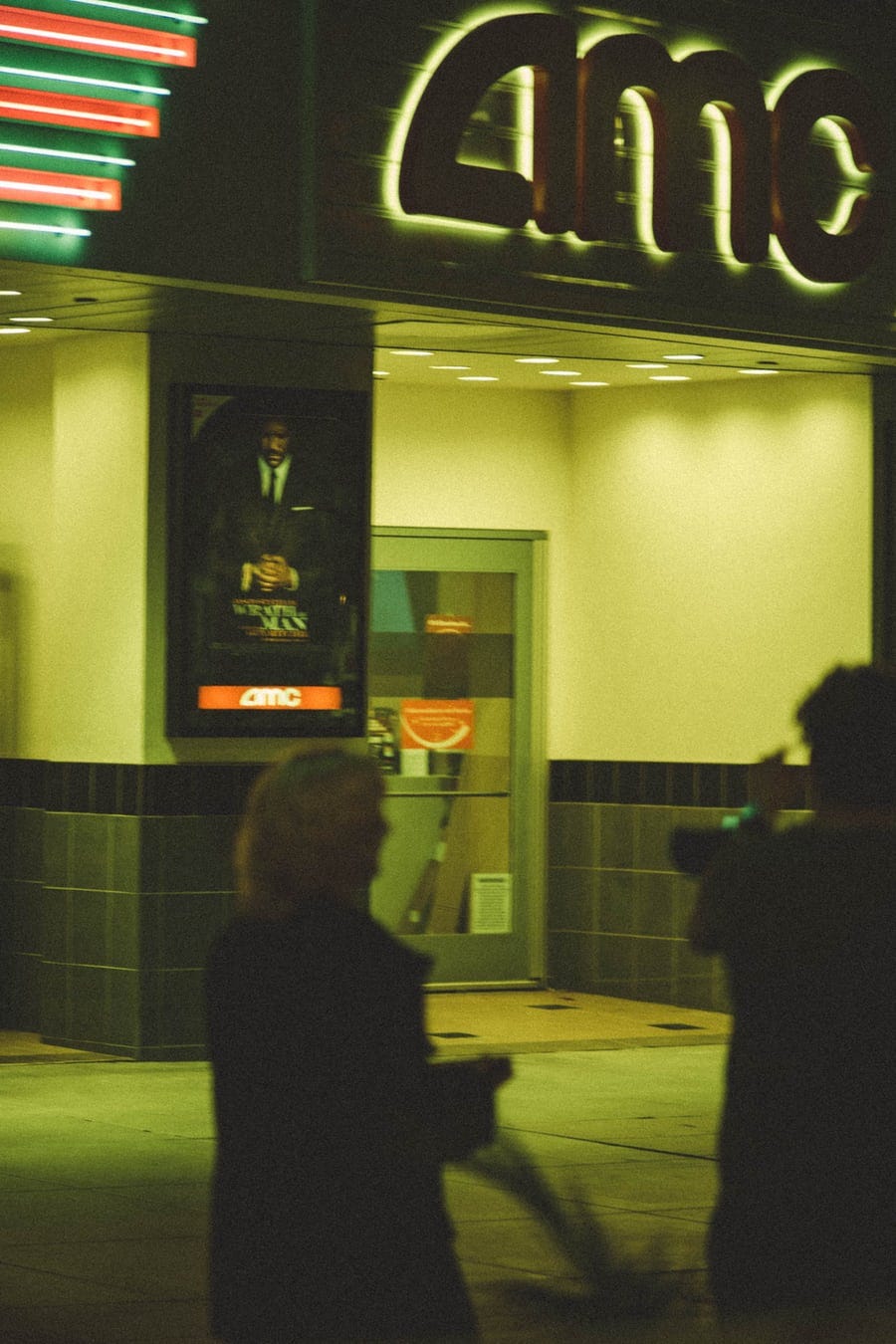Unlike older generations, young Gen Z adults and investors, including myself have never witnessed a true bear market and in fact, have been conflating brains with a bull market since mid-2020!
Since the brief correction of ~35% from February to March 2020, it was hard NOT to lose money on virtually any asset, profitable or not such as on shell companies with over anticipated growth, adjusted earnings, and lofty valuations that soared to the moon.
With millions jumping into the market to take advantage of this unrealistic dangerous euphoria, fundamentals and metrics strayed away and the market began to stir hype, speculation, Tweets, emotion, and outrageous pent-up demand into a frothy heated soup.
Out of the 4+million newly minted brokerage accounts last year ranging from play money accounts on Robinhood to institutionalized brokerage portfolios with millions on Charles Swab, risking more for a greater return seemed like the norm and dare I say, looked guaranteed as youngsters took full advantage of this notion before logic crashed the party and the foreseeable future came into the picture.
Fast forward to today — not only is Big Tech getting hammered by expensive borrowing, growth expectations and layoffs are ramping up speed for private unicorns. Many bulge bracket banks have closed up shop for SPAC deals and several notable VC firms have issued a warning for alumni and startups to be wary of funding rounds and focus on their bottom line first.
If there’s one thing for sure, the laptop WFH class will get beaten this time around. Layoffs are the easiest cost-cutting measure for cash-strapped companies and it starts from the bottom up. The easiest thing you can do during this time is to stay well connected, be amicable with everyone, and do above-average good work to stay noticed and of course, liked.
Throughout my time writing personal finance, I’ve always made sure readers remember that preparing for the worst and hoping for the best shouldn’t just happen when the going gets tough. It starts ahead of time when you are in a secure, healthy spot and can afford to grow a buffer. Back in March 2021 when vaccine lines were actually out the door, the world appeared to be opening up again for good and we assumed there would be no more variants, supply chain distributions, or a disastrous war that wreaked havoc on commodities and trickled volatility into the market.

Retreat
More than ever before, retail traders, Reddit gamblers, and WallStreetBet fanatics are plowing into diversified low-cost passive funds that no one saw coming. Once their long-time arch-nemesis, index funds are now seeing an influx of new investment plow through. With rising rates and still pitifully low savings rates, there may be no real safe haven for amateur retail traders to park their hard-earned piggy bank and crypto losses into besides Treasury bills/notes/bonds, Series I bonds, TIPS, or money-market funds yet with more security and diversification correlated to the market, index funds seem like the best best for an investor of any kind.
The real test is staying in it for the long game and the most balanced and cost-effective way is to do it through indexing. It’s crazy what will happen if you stick to something!
Surprise to No Surprise
Although it may be 5 pm somewhere, as Cramer frequently pronounces, “there’s always a bull market somewhere”, it’s not been the case for most asset classes this year and retail traders to hedge funds are getting hit the hardest.
See any similarities?
-Less risk-averse
-Younger managers
-Really short & long time-horizon
-Really brief & extended lock-up period
Melvin Capital, the hedge fund that got caught in the Reddit meme stock short squeeze drama with unprofitable meme (joke) stocks — GameStop, AMC, and Blackberry just announced last week they are closing shop and liquidating their clients’ holdings after posting a decline of more than 20% for almost 2 consecutive years.
Although the point of investing in a private fund such as a hedge fund is to hold your money for a consecutive period of time and not be fooled or scared by the daily performance of the ups and downs, these accredited investors of Melvin couldn’t handle the volatility anymore.
Although Plotkin didn’t wait too long to make this move, was it really beneficial?
Just like retail traders, hedge funds just confessed their model a.k.a. individual active day trading, isn’t any more advantageous or outperforms passive indexing in the long run. Both types of investors, one larger and smaller than the other, moved into a more conservative predictable strategy to not become roasted.
On the other hand, these audacious LPs and GPs at hedge funds believe investing is a win or lose situation, with nothing in-between. They couldn’t continue to manage the funds and try to cover them by possibly reinvesting and rebalancing into index funds instead while eliminating performance and management fees until returns came around.
This short-term gratification mindset hedge funds have is dangerous. Sure, they may occasionally return more than the average portfolio manager, but do they really? A lock-up period to a day trader’s gambles is comparable here since they both disregard the hard truth that good times don’t last forever and what one risks, should be what they should expect to lose at some point.
For all the risk, arbitrage, shorting, margin calls, and non-wealth healthy moves that really go on behind the scenes in millions of accounts, this type of trading is far too dangerous for someone who is planning on living off of the invested capital. Index funds are seen as a backup but over time unexpectedly surprise us relieving our mental sanity, health, and time in the process.
Index funds get a bad rap since they don’t have individual exposure yet with no crystal balls around, they are your best bet for survival and asset accumulation. Not many investors get RICH QUICK investing in index funds but they certainly provide peace of mind when it is needed the most.
Currently to no surprise, retail investors have more money parked in index funds than actively managed funds. Let’s see how long they’ll last before they retreat and play this high expense ratio fee, rebalancing and harvesting game of day trading once again.

